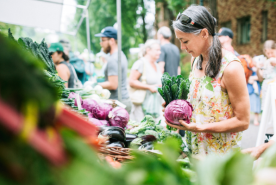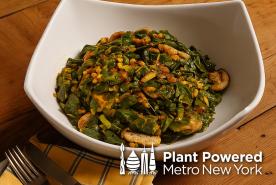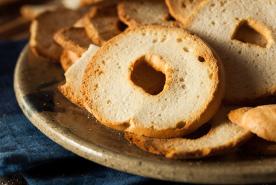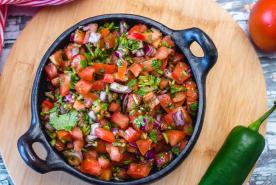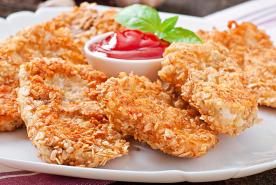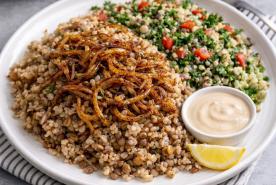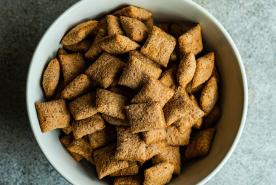How much plant-based protein you need depends on your kidney disease stage. Dialysis patients need more; pre-dialysis need less. Consult a dietitian for personalized advice.
By Gretchen Wiese, RD and Kathleen Hill Gallant, PhD, RD
Why is protein important?
Protein is an important part of a balanced diet because it is necessary to help build muscles, perform daily activities and heal wounds. Healthy kidneys get rid of the wastes your body makes when it breaks down the protein you eat. That’s why you need different amounts of protein based on how well your kidneys work or your type of treatment (pre-dialysis, hemodialysis, peritoneal dialysis).
For example, people on dialysis have higher protein needs than those who are pre-dialysis. Those on peritoneal dialysis need to eat the highest amount of protein because it gets lost in the dialysate (the fluid that drains out of your belly).
How much plant-based protein can I eat for my stage of kidney disease?
Guidelines state that half of your protein should come from “high biological value” (HBV) sources, which are almost entirely animal sources (meat, fish, poultry, egg whites, dairy). You may plan for the other half of your protein to come from plant sources.
Protein needs vary based on your age, sex, and overall general health. A registered dietitian/nutritionist (RDN) can determine your protein needs and also help you to plan a diet that meets those needs with both animal-based and protein-based foods.
What are the sources of plant protein?
The following are plant protein sources that can be part of a balanced diet when managing kidney disease:
- Soy products (tofu)
- Legumes (beans, lentils)
- Meat substitutes (soy-based burgers, hot dogs, deli slices)
- Nuts and nut butters
- Whole grains
Pay attention to the amount of protein, sodium, and potassium in products by reading nutrition labels. Soy-based products especially may include high amounts of sodium.
Listed below are plant sources of protein with the amount of protein shown in grams:
- ½ cup (cooked) Lima beans ~ 7 grams
- 2 tablespoons peanut butter ~ 7 grams
- 1 cup (cooked) wild rice ~ 6.5 grams
- ½ cup chickpeas ~ 6 grams
- ¼ cup almonds ~ 6 grams
- ½ cup (cooked) steel cut oatmeal ~ 5 grams
- 1 soy patty ~ 10-19 grams
- ½ cup cooked quinoa ~ 6 grams
- 1 cup tofu ~ 11 grams
Ask your registered dietitian how much protein you need each day and how to achieve a plant-based protein diet.
Want an easy way to start eating less meat? Go Meatless Monday every week, and get regular tips and recipes by following #MeatlessMonday and learning more at MeatlessMonday.com.





